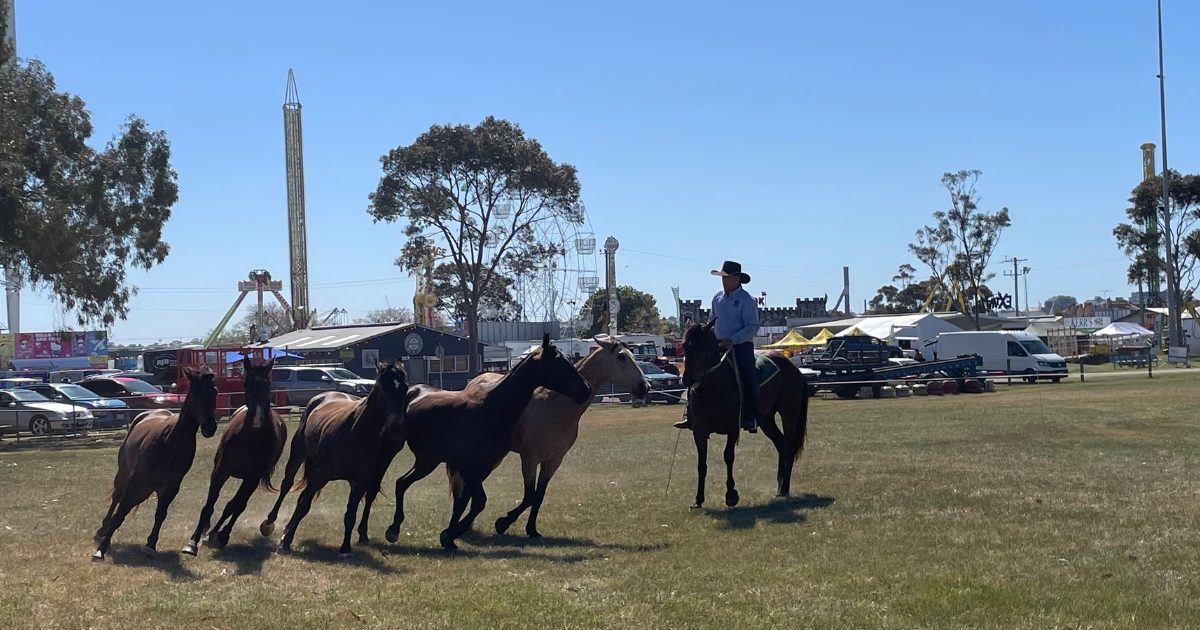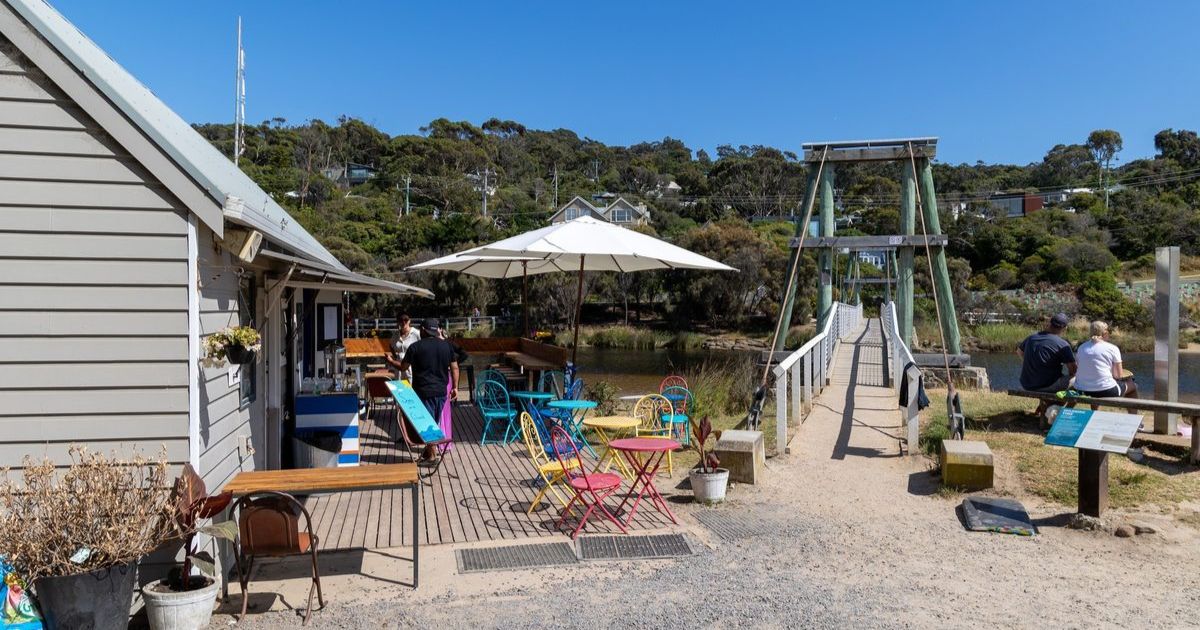Hoodie breeding season off to rocky start
BREEDING season is now under way (August until March) for the hooded plover and despite setbacks the resilient bird is doing its best to strengthen numbers across the Surf Coast.
There are numerous signs of breeding from Fairhaven to Moggs Creek, but unfortunately no nesting has been successful so far.
Bron Ives, a member of Friends of the Hooded Plover Surf Coast said a chick in Anglesea hatched and lucky observers witnessed a fluffy chick zipping between mounds of seaweed with its parents, but it disappeared after only a day.
Around the same time an egg was lost in Point Roadknight, possibly due to high winds, and eggs washed away in heavy rains in Moggs Creek.
With a survival rate of only three per cent, it is a stark reminder of the hooded plover’s fragility. They nest on open beaches in ‘scrapes’ and require constant protection from predators.
“We have quite a lot of nests. But a nest is just a scrape – it is a slight depression in the sand, they don’t use sticks,” Mrs Ives said.
According to the Surf Coast Friends of the Hooded Plover, the bird’s population has almost doubled in Victoria over the last 10 years thanks to dedicated locals and environmental groups making their habitat as safe as possible.
Mrs Ives said numbers get better each year and the community was starting to understand and love the hooded plover.
“The community are getting behind it more now. Behaviour has changed with education,” she said,
“The best thing people can do is follow the signs. If a hoody is nesting, one sign will go up, if they hatch, another will go up. If it is a nest people can walk past with the dogs on the lead. But if there are chicks, take your dogs somewhere else.
“We only have 10 to 15 little birds across the Surf Coast. The chicks only need five weeks until the can fly and then they can protect themselves, but until then they are very vulnerable to predators,” she said.
“They are amazing to watch, if a chick is threatened by dogs or people they will display leading behaviour to distract the predator from the nest or they will do a broken wing display and flop around on the sound so predators think they are injured.
“They are such dedicated birds, through thick and thin, so will look after their chicks.”
Follow the Friends of Hooded Plover Surf Coast Facebook group to stay up to date with your local hooded plover progress this season. People interested in volunteering can email [email protected].


















